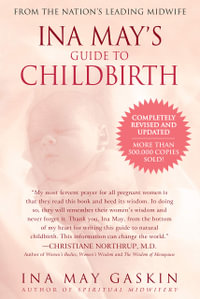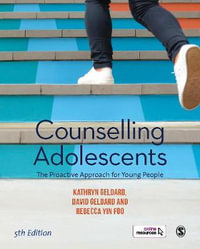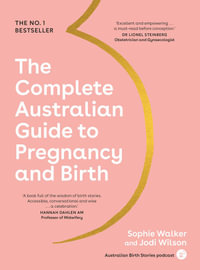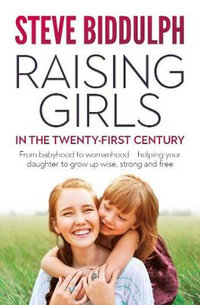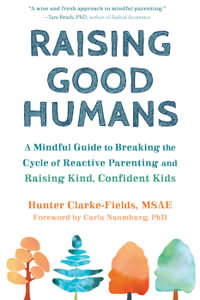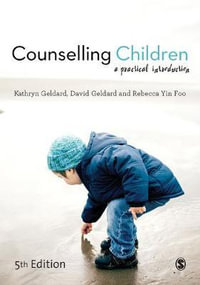
Responsible Parenting as a Means of Avoiding the Armageddon of 2054
By: Walter S. Foster
Paperback | 8 August 2015
At a Glance
Paperback
$37.95
or
Aims to ship in 7 to 10 business days
ISBN: 9780990820925
ISBN-10: 0990820920
Published: 8th August 2015
Format: Paperback
Language: English
Number of Pages: 78
Audience: General Adult
Publisher: LIGHTNING SOURCE INC
Country of Publication: US
Dimensions (cm): 22.86 x 15.24 x 0.48
Weight (kg): 0.13
Shipping
| Standard Shipping | Express Shipping | |
|---|---|---|
| Metro postcodes: | $9.99 | $14.95 |
| Regional postcodes: | $9.99 | $14.95 |
| Rural postcodes: | $9.99 | $14.95 |
How to return your order
At Booktopia, we offer hassle-free returns in accordance with our returns policy. If you wish to return an item, please get in touch with Booktopia Customer Care.
Additional postage charges may be applicable.
Defective items
If there is a problem with any of the items received for your order then the Booktopia Customer Care team is ready to assist you.
For more info please visit our Help Centre.

